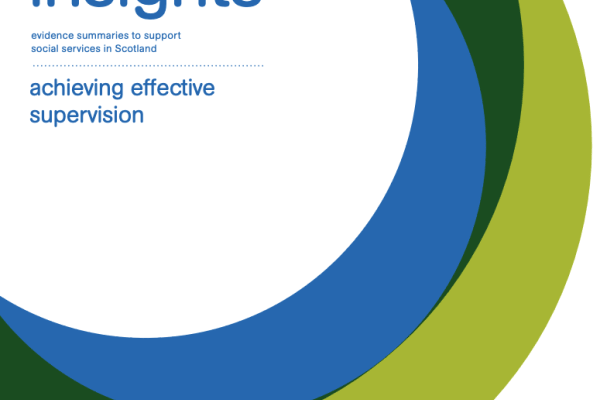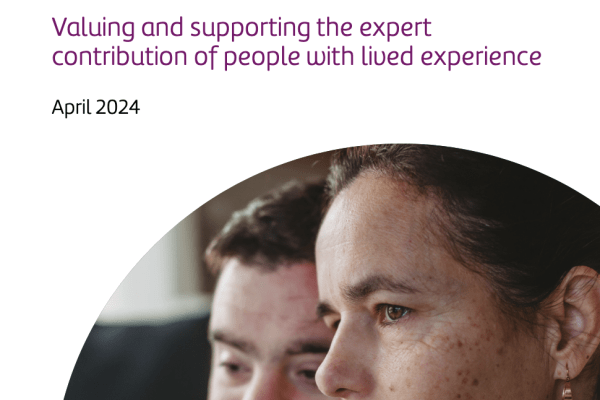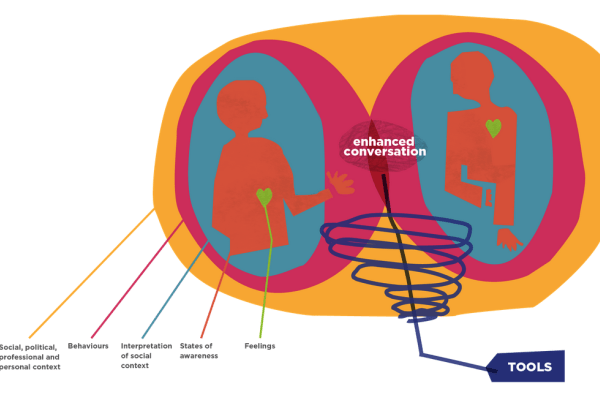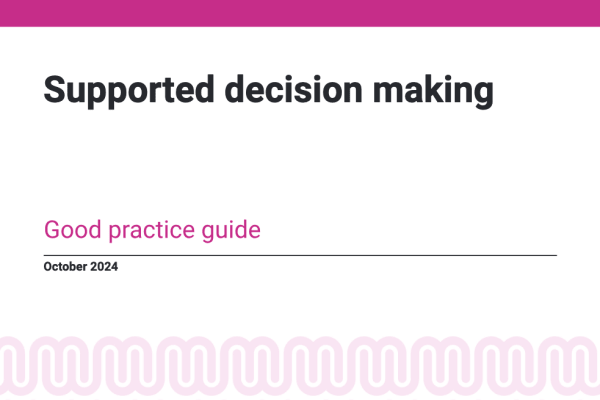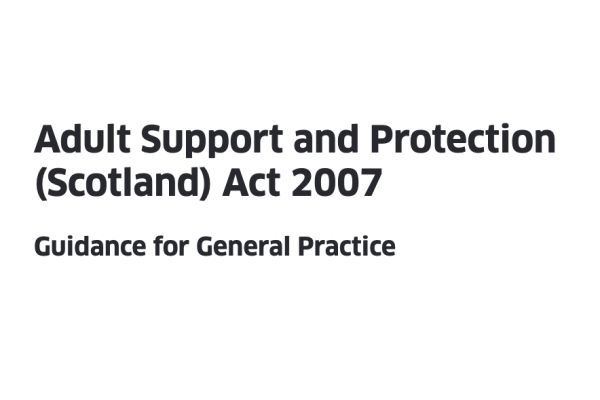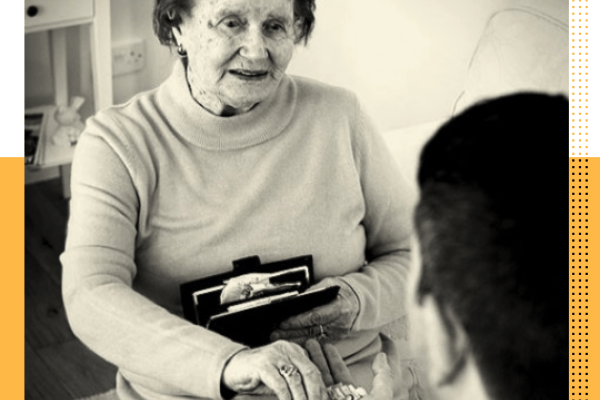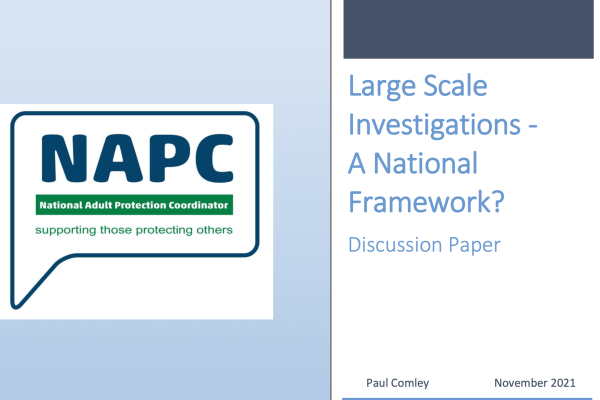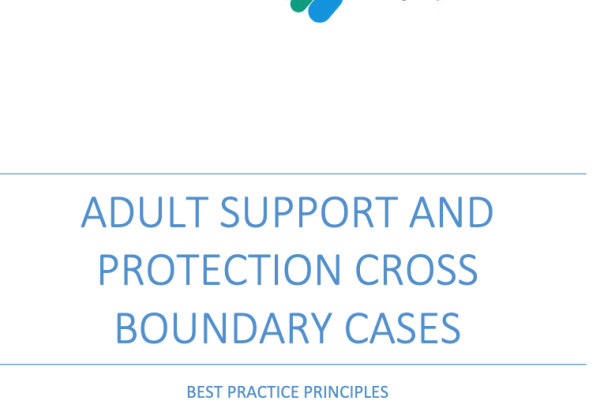Achieving effective supervision (Iriss Insight)
This briefing considers supervision in social work and social care. The key functions of supervision are outlined, before exploring supervision in two specific contexts: integrated settings and child protection. Although Adult Support and Protection is not explicitly covered, the messages are transferable. One model in particular - the 4 x 4 x 4 model - emphasises reflection and how supervision is located within an organisational context.
